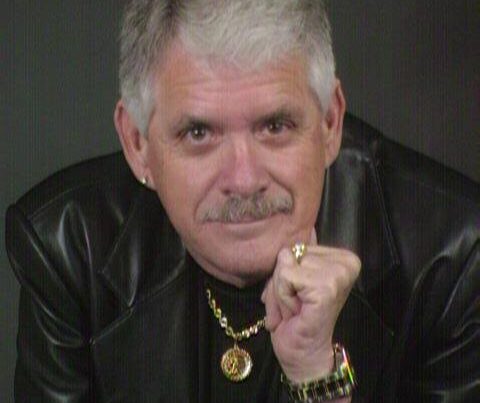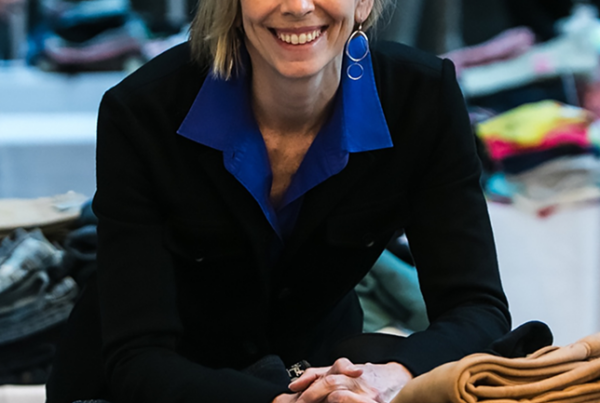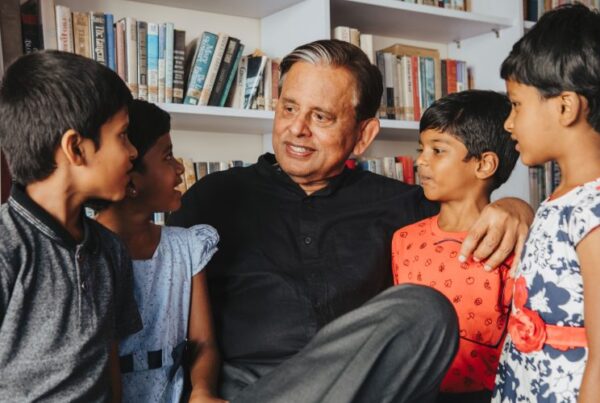Podcast: Play in new window | Download
Subscribe: RSS
How can you prepare your children for the future?
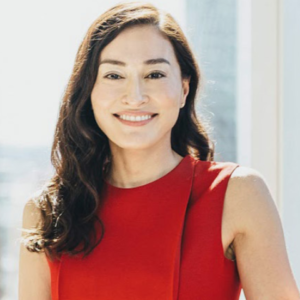
Teru Clavel
Teru Clavel is a comparative international education specialist, speaker, and author. Since 2010, she has run her own education consulting practice, advising globally-minded families on a range of issues encompassing multiple language acquisition, school choice, and how to enroll their children in U.S. universities.
Teru is the author of the book, World Class: One Mother’s Journey Halfway Around the World in Search of the Best Education For Her Children. She spent a decade raising her family in Asia and recently returned to live in New York with her family.
With a degree in B.A. in Asian studies and an MS in comparative international education, Teru has written columns on education for both the Japan Times and the Financial Times, and she has made appearances on Fareed Zakaria GPS, The TODAY Show, CBS This Morning, CNBC’s Squawk Box, and Channel NewsAsia.
What We Discuss With Teru Clavel In This Episode
- How Teru became an expert in education
- Education in the U.S. vs. Asia
- How you can make the most of your child’s education
- Where to begin the process
- Investing in early childhood education
- What 21st skills do our children need?
- What’s next for Teru in terms of spreading this message
Transcript Highlights
Education in the U.S. vs. Asia
High learning expectations: The expectations for the kids overseas were so much higher. It was common practice that everybody who didn’t get 95%. the teacher teaches them after school until they got it. And that’s how they gain that competency. The expectations are high to the point that Teru’s kids in middle school and high school came back three years ahead in math.
The teaching piece: The U.S. doesn’t invest in recruiting the best and brightest into the profession. We don’t do a good job retaining them and we don’t invest in their professional and career development. Whereas overseas, not only are those rules very respected, they are comparatively compensated. The level of teacher training is very high. It’s hard to become a teacher as it is to become a lawyer. Research shows that schooling is one of the most important factors in our kids’ academic, social, and economical health.
The equity piece: Equity is when you can disassociate your socio-economic background from your academic performance. And we have a really hard time disaggregating that in the U.S. Our students are the most stressed and not getting supported socially and emotionally. In East Asia, community is a very important piece to them. Parents are very open with the issues they have. They’re concerned about how they can help each other and there wasn’t any blaming. Everybody was there to help everybody else.
How to Begin the Process: Investing in Early Childhood Education
We can’t just put it on the teachers and say it’s their job to teach your children. It’s also your job as a parent.
Parents need to be educated on how they need to educate their kids. Education is a value. How do you assess education or household? If you’re not reading books, don’t expect your kids to read books. If you’re taking them to soccer practice five days a week, and you don’t ask them about school, don’t expect them to care about school. That parent influence piece is vital.
Early childhood education is where it all begins. Neuroscience shows that our brain is set with our vocabulary and our math abilities by age five.
Early childhood education in the United States is lagging. The U.S. has stayed the same in the last 20 years while other nations around us have invested in early childhood education. We used to be at the top, but now we’re at the bottom of the curve. And because we haven’t invested in it, we’ve stayed the same. We have to invest in universal, accessible, quality early childhood education.
If you’re someone who don’t expect your kid to be good at math because you, too, weren’t good in math, then you’re already handicapping them. If that’s an area where you may be a little weak, then you should do the exact opposite. Find the resources that your kids need to be stronger.
What 21st Century Skills Do Our Children Need?
Through COVID, we’re learning more than ever, that interpersonal skills, resourcefulness, discipline, time management skills, and lifelong love of learning are skills that are really important. Now is the time that we can take advantage of and give these kids these opportunities.
It’s important to have those discussions around very important topics at your dinner table, which can be things they’re not teaching in school like politics, religion, money, climate change, sustainability, etc.
When we succeed, we all succeed together. The home is the primary source of education.
Episode Resources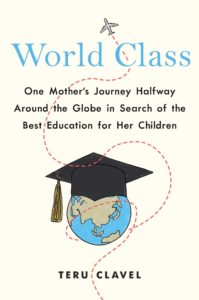
Connect With Teru Clavel
- Website: http://www.teruclavel.com
- LinkedIn: https://www.linkedin.com/in/teruclavel
- Twitter: https://twitter.com/TeruClavel
- Facebook: https://www.facebook.com/TeruClavelWriter
Did You Enjoy The Podcast?
If you enjoyed this episode please let us know! 5-star reviews for the Leaders Of Transformation podcast on Apple Podcasts, Spotify, Pandora or Stitcher are greatly appreciated. This helps us reach more purpose-driven entrepreneurs seeking to make a positive impact in the world. Thank you. Together, we make a difference!
Additional Episodes You May Like
- 354: Simon Chadwick: Shaping Our Nation’s Future
- 315: Ashanti Branch: Empowering Young Men to have Real Conversations
- 279: Steve Mariotti: Activating The Entrepreneurial Mindset In Under-Resourced Youth
- 263: Vishen Lakhiani: Facilitating Global Transformation in One Generation
- 050: Mira Simon: College and Career Planning For High School Students
- 004: Chella Diaz: Teaching Financial Literacy To Youth








